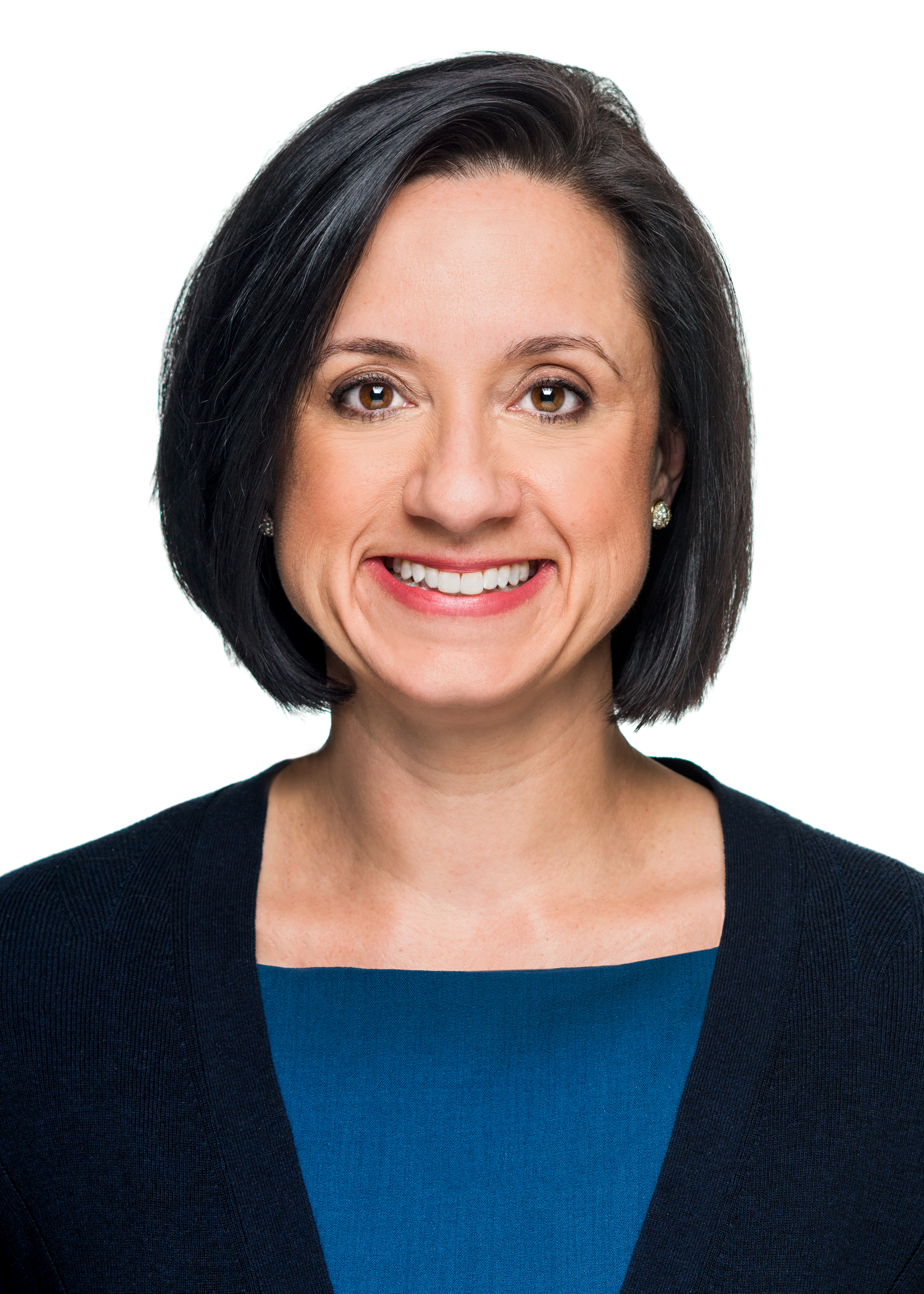When it comes to the ideal amount of sleep, most people would promptly answer, “8 hours.” Yet our sleep patterns have shifted considerably over time, influenced by our ever-evolving society and the demands of the modern working world. From the early stages of the Industrial era to the present day, our understanding of what it means to ‘sleep well’ has evolved, shaped by the nature of our work, our living environments, and the unstoppable progression of technological innovation.
As part of my research into shaping a more human-centered future of work, I had the privilege of engaging in a thought-provoking dialogue with writer, producer, and impact strategist Lindsay Scola. Lindsay is a strong and compelling advocate for expanding conversations around patient advocacy and sleep disorders, having been diagnosed with narcolepsy after experiencing symptoms for decades. Together, we explored the evolution of our collective understanding of sleep today and how leaders can promote employee wellness in more meaningful ways. Lindsay’s fresh insights offered a new lens on the significance of sleep, and how we might reimagine the topic today.
Laura: In your Self article from October, you graciously shared your experience with narcolepsy and how you manage it at work. As leaders focus more on employee wellbeing, sleep is becoming a more visible and frequent part of the conversation than ever before. In your view, what should leaders know about sleep health to better support their teams?
Lindsay: Sleep itself is a vital life function. Lack of sleep has been linked to higher blood pressure, increased insulin resistance, and even weight gain. And, it is a really positive sign that the national conversation has veered toward more time for sleep is a good thing. Read: we’re no longer celebrating highly successful people for only sleeping four hours a night. But sleep health needs to be more than just permission to sleep. One in five people have a sleep disorder, but most don’t know fatigue can come from anything other than a lousy mattress or work and family stress. So, sleep disorders remain chronically underdiagnosed. Experiencing something like untreated sleep apnea means you can get all the sleep in the world, but your body will still feel chronically sleep deprived. Employers should encourage their employees to seek treatment with sleep specialists. Getting more people diagnosed with sleep disorders might feel daunting, but long term, they will have a happier and healthier workforce.
Laura: I’ve been studying the evolution of work and how we can learn from the past to create a more human-centered future of work. As you’ve studied sleep at a more detailed level, have you discovered any insights about how attitudes toward sleep and work have changed over time?
Lindsay: Like anything, our attitude toward sleep has ebbed and flowed. Before the industrial revolution, people slept when it was dark. We have historical accounts of people actually taking a first and second sleep. After the first sleep cycle, people would wake up, urinate, possibly smoke a pipe, or visit with family members. After an hour or so, they would go back to sleep for a second sleep. Next time you randomly wake up at 3 am, it’s probably not a haunting but a biological reminder of something your ancestors did for thousands of years.
But with the invention of artificial lighting, we started going to bed later and for less time. Couple this with decades of programming that you are only as successful as your productivity levels, and we’ve created a recipe for people to be utterly detached from sleeping for what is best for their bodies and their own internal clocks. Researchers are starting to pay attention to the effects of this. There is a movement to start school later, with the American Academy of Pediatrics, American Medical Association, and the Centers for Disease Control all stating that teenage brains do better when they have more time to sleep. California has even enacted legislation to start schools later. Similarly, there is a movement to create permanent standard time, claiming that the observation of daylight savings time poses lethal threats to human health – causing traffic deaths, workplace accidents, lost productivity, and hospitalizations.
Laura: If you could share with readers one key takeaway from your work, research, or experience, what would it be?
Lindsay: Everything about how we talk about sleep is designed to make us feel like we are failing. Did you go to sleep in a dark enough room? Did you stop eating well enough in advance of going to sleep? Did you view too much blue light? Even the push toward getting more sleep tells us eight hours is the magic number. But sleep is a bell curve. Eight hours is just the top of the curve. But how we talk about this means the people who need four hours of sleep feel like they are failing, and people who need 12 hours of sleep feel like they are failing. I want people to know there is no right way to sleep. I hope we can start looking at sleep as something we do for ourselves. What feels best for our bodies. And know that if something still feels off, medical intervention is possible. There are 80 sleep disorders, and many have treatments that will make your life better. Just because everyone around you says they are tired, your tired may be different.


